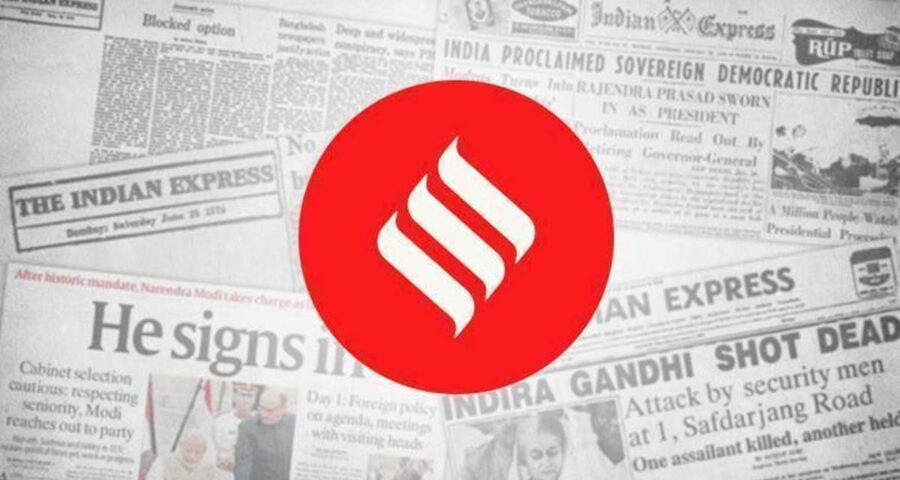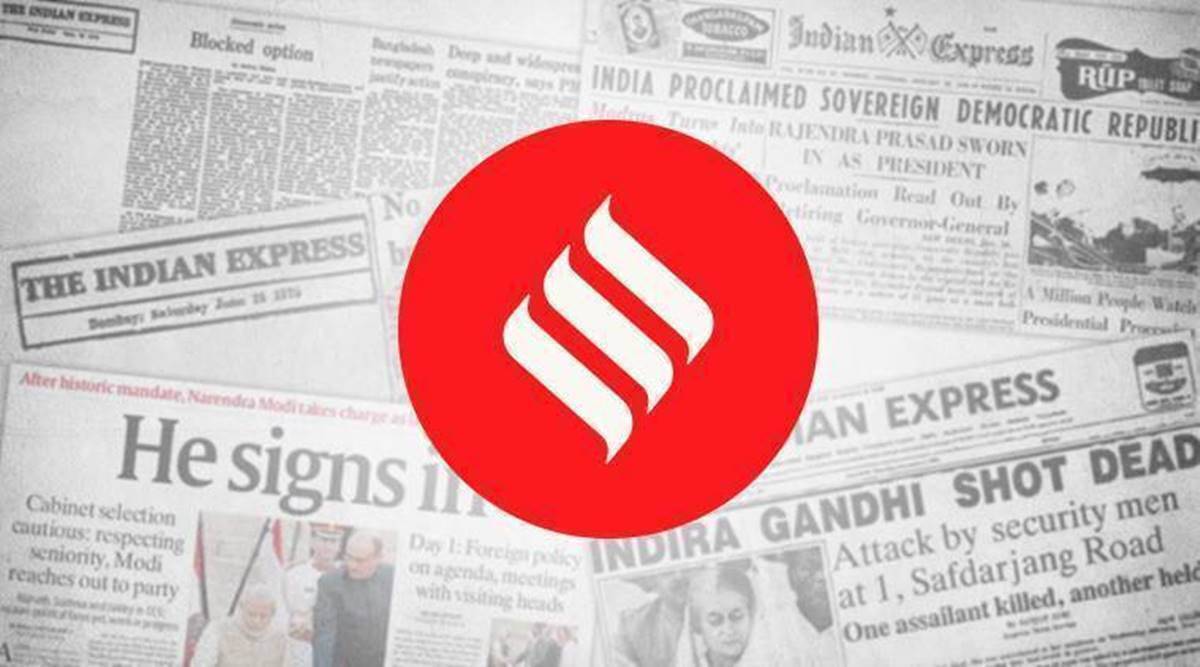When seen together, these seemingly disparate policy measures, also indicate a more determined push by the government to facilitate private sector investments in the country.
The series of policy announcements over the past few weeks seems to suggest a concerted effort by the government to usher in a more investment-friendly policy environment in the country. Beginning with the move to bury the much reviled retrospective tax once and for all, to now announcing measures aimed at alleviating the distress in the telecom sector, the policies signal an attempt by the government to rectify administrative and judicial decisions that were seen as obstacles by the corporate sector. Equally significant, when seen through this lens, was the tweaking of the Air India bid conditions to signal the government’s firm commitment to privatisation. As is Thursday’s announcement of a government guarantee for the bad bank, and the recent announcements of sector-wise production-linked incentive schemes (PLIs) meant to encourage fresh investments in the country as the economy recovers from the fallout of the Covid pandemic.
With retrospective taxation now a closed chapter, Cairn Energy expects a resolution in the “near term”. The Union cabinet, on Wednesday, approved a slew of measures aimed to provide relief to the beleaguered telecom sector, to prevent it from sliding into a duopoly. Foremost among them were measures to address the financial stress stemming from the contentious AGR (adjusted gross revenue) issue. The measures announced follow a two-pronged approach. First, the government has changed its stance on what constitutes AGR. It has taken out non-telecom revenues from its ambit, thus accepting that the expanded interpretation was indeed tricky. Second, as this does not in any way alter the liability of the telcos arising out of the Supreme Court ruling, the government has provided a four-year moratorium on payment of existing AGR dues. To the extent that deferment of payment will provide a breather to cash strapped telcos in the short-term, this is a welcome move. Other notable measures which include, raising the tenure for which the spectrum can be held to 30 years, doing away with the spectrum usage charge for future auctions, and outlining the spectrum auction schedule to allow telcos to plan their auction strategies accordingly, are steps in the right direction for the long-term health of the sector. Alongside, the cabinet has also announced a PLI scheme for automobiles, auto-component and drone manufacturers with a budgetary outlay of Rs 26,058 crore — in line with the broader push of the government to boost domestic manufacturing, and encourage exports.
The intent behind each of these policy measures is straightforward — clear the hurdles/obstacles for the corporate sector, and provide greater policy clarity and certainty. When seen together, these seemingly disparate policy measures, also indicate a more determined push by the government to facilitate private sector investments in the country. With the pace of vaccination gathering steam, and as large parts of the economy open up, moves such as these could help lift corporate sentiments.
This editorial first appeared in the print edition on September 17, 2021 under the title ‘Taking the call’.
Source: Read Full Article


